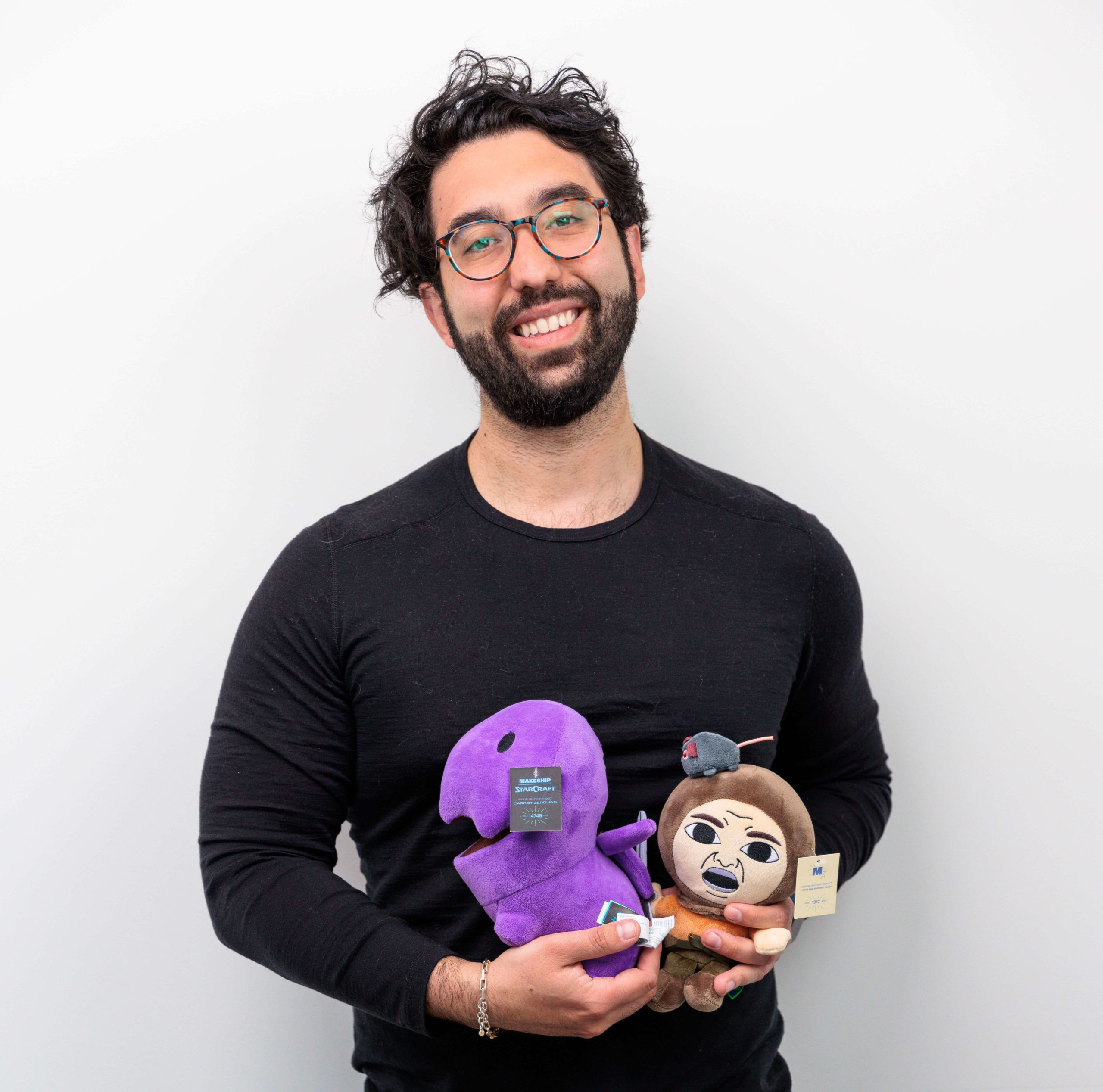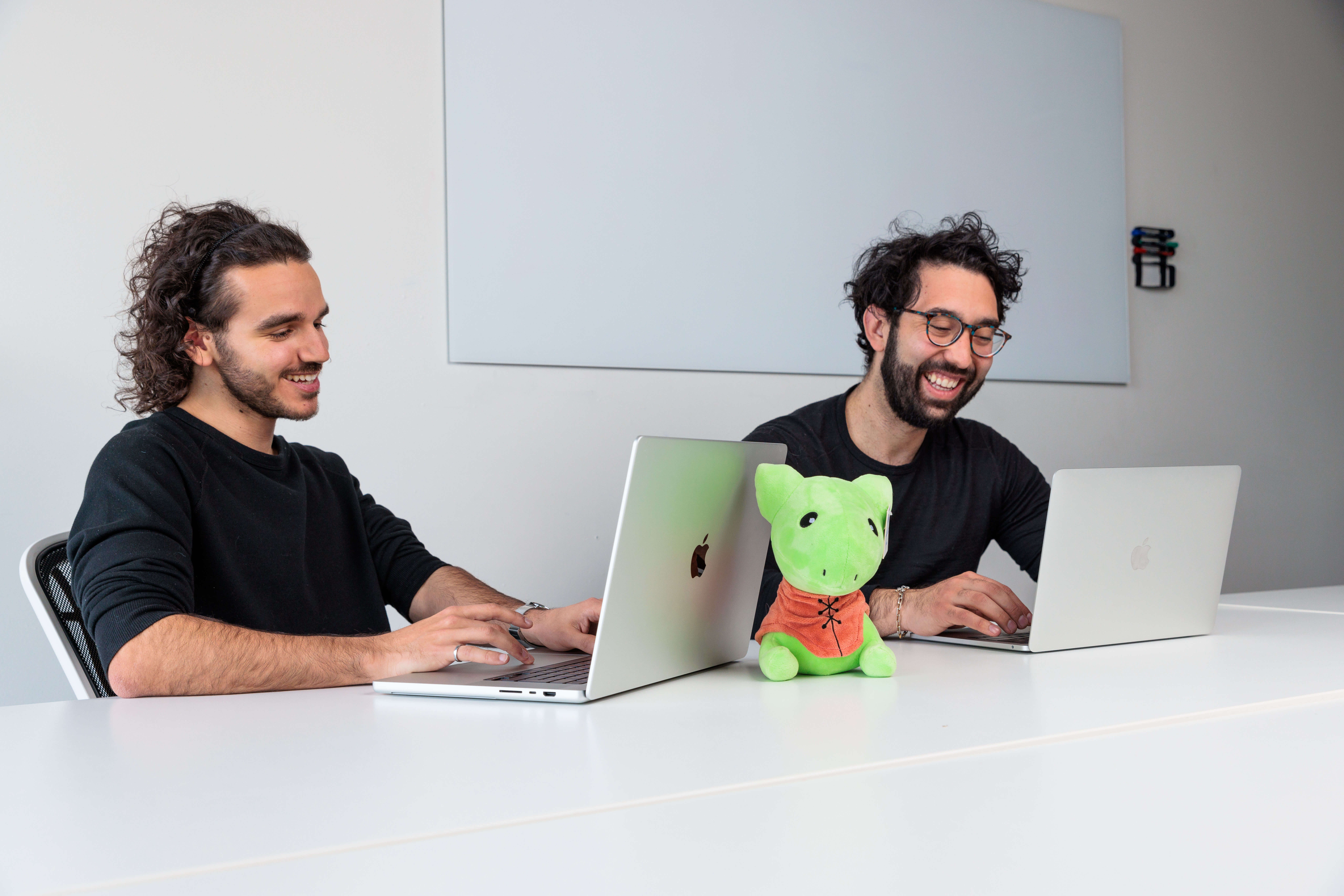
The creator economy is estimated to be worth at least $104.2 billion, and millions of creators are using social media to bring their content to global audiences. They’ve found ways to use their knowledge, skills and personalities to attract a devoted following of fans and earn money while doing it. Yet, only some become popular enough to become a full-time business.
That’s where Makeship comes in. Makeship is an innovative crowdfunding platform that combines influencer marketing with limited edition products to connect creators with their fans and provide a unique way for influencers to monetize their brand.
As a fully bootstrapped company with roots in Vancouver, Pablo Eder has helped hundreds of clients launch their own products and is passionate about the endless possibilities of Makeship, the creator economy, and entrepreneurship as a whole.
What is the ultimate mission behind Makeship? What gap in the market does it address?
PE: Makeship started as a way to help small and medium sized content creators produce high quality products the same way large creators and corporations can. We looked at what YouTube did for the world — enabling individuals to “broadcast themselves” — and we thought, ‘What if we could give individuals the same supertools in the realm of physical goods?’
Some of the most significant changes of the last 20 years have been initiated by tools that give large groups of individuals more freedom to develop the career of their dreams. The internet, smartphones, and social media, have all been transformational tools in how humanity explores labour, connectedness, and creativity.
With Makeship, we combined crowdfunding benefits, internal design expertise, manufacturing and shipping, marketing and customer service to create, essentially, a one-stop-shop for creators to bring products to launch and become closer with their devoted fanbases.
Tell me about Makeship’s beginnings in Vancouver and the company’s trajectory since.
PE: Vancouver is one of the most beautiful and incredible cities in the world. It is also considered among the least affordable cities in the world, making it extremely expensive for startups trying to find a sturdy runway. To set up shop and move to Vancouver, we knew we had to earn it.
In 2020, Makeship was nothing more than my co-founder and I bouncing between coffee shops with two employees in Kitchener-Waterloo. I remember we had to move our cars every 2 hours so as not to get a parking ticket. We targeted a growth goal for the year and decided that if we achieved it, we would move the business to Vancouver permanently. Needless to say we more than doubled that goal, and I was able to celebrate my 30th birthday as a downtown Vancouver resident.
Since that birthday, Makeship has gone from approximately 15 employees to over 65 across B.C., Ontario and globally, with no signs of our growth slowing.

Why did you decide to go with plush toys as a product?
PE: While not the most obvious choice for a product-based company, plush toys were what most creators were interested in trying because few other companies offered them the freedom to customize their characters, especially gaming and animation creators.
In some ways, our product isn’t a “toy.” Rather, what we’re doing is capturing important characters and moments in a creator’s brand — and their life. Plush toys bring these characters to life. Fans of gamers or drag queens don’t need to buy our product and play with it, but commemorate and collect a specific character that’s had an impact on their lives.
What are the benefits of collaborating with Makeship, and how is that different from other branded opportunities?
PE: Makeship’s mission is to create products that influencers want to make but don’t have access or expertise on making. We want to bring the audiences closer to the creator and commemorate them, while also giving them a new way of monetizing their brand.
This is fundamentally different from, say, a creator doing an affiliate link where they get a few cents every time someone clicks that link to a product. We see our creators as a partnership, and not a marketing channel for us.
Influencers’ profitability isn’t always in their control, often dictated by social media platforms algorithms. How can today’s content creators improve their reach and build their fanbase?
PE: The most important tool for creators starting out is to discover their niche. They have to capture their audience’s attention by making honest content that really connects with people in a way that others do not.
In today’s culture, individuality and transparency is extremely valuable and appreciated — especially online. Audiences have become quite clever at detecting when they are being pushed in a certain direction, and actively seek out content that doesn’t do that. Creators have to be honest about their brand and what they love to be able to connect on a deeper level with their fans and build their own communities.
What would you say is one of Makeship’s biggest success stories?
PE: I personally love the story of JoCat, an animator whose primary output is YouTube. He’s one of the most successful creators on the platform and one of the first campaigns I ran at Makeship.
The tremendous success of his campaign allowed him to purchase his first home, which he made a video about. It was an extremely emotional and impactful moment at the company to see what we were able to do together. I don’t think I’ll ever forget that.
What advice would you give to Canadians thinking of exploring entrepreneurship?
PE: It looks like the economy and market dynamics are about to change really swiftly and significantly soon. While this will cause many to be scared, it is also an incredible opportunity to create companies.
The best entrepreneurs understand that the world is changing, and are able to capitalize on it. We are about to have a new generational shift in the way we work, consume content and buy products, how we care about the environment, and about social dynamics. Think big.

Leave a Reply